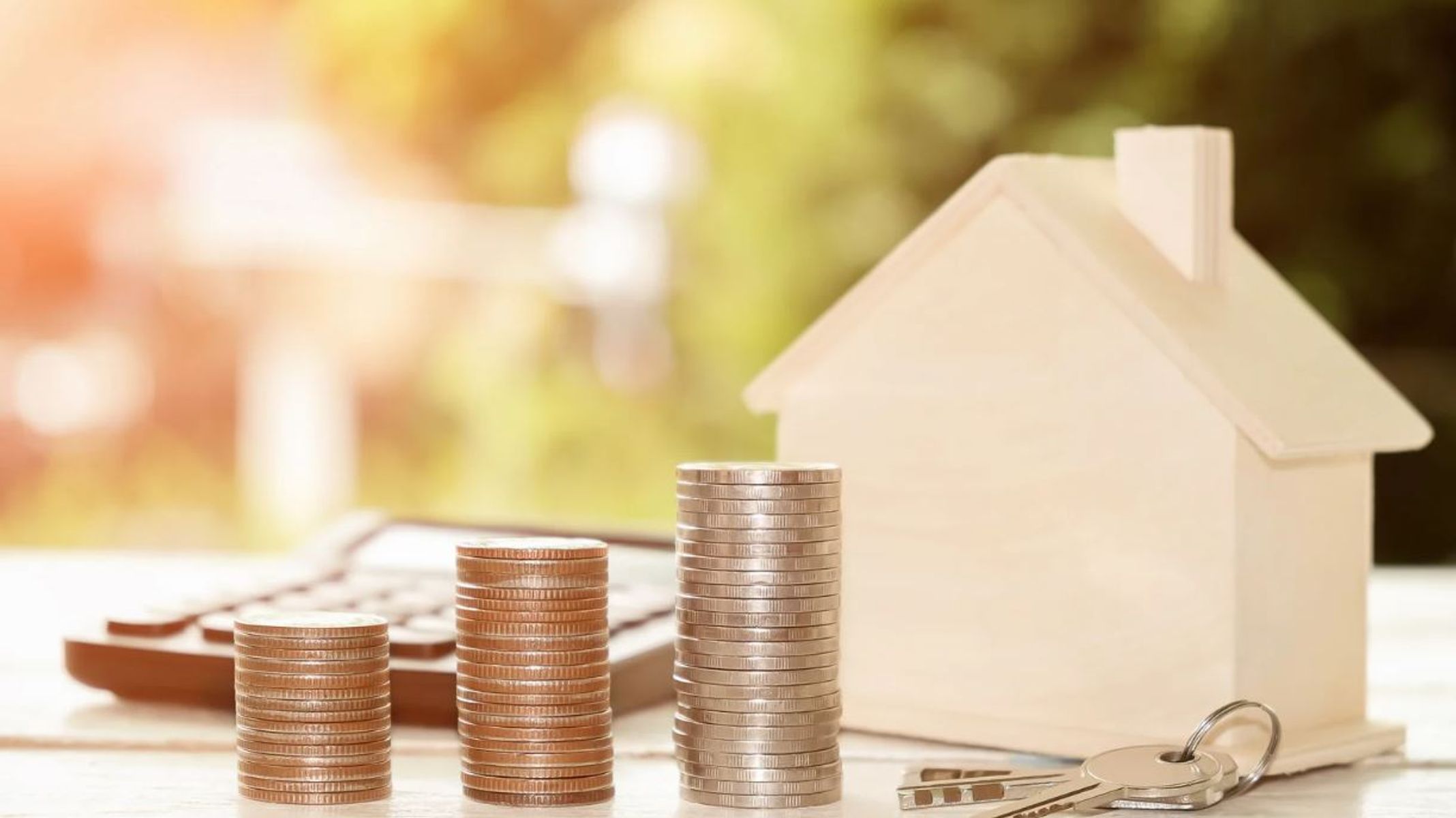
1) Know your budget
Before investing in a property it's important to have a thorough understanding of your cash flow. If you will be needing a loan, speak with your bank for pre-approval so you know how much you're able to borrow before you start your property search.
2) Never underestimate ongoing costs
Make sure you budget enough for essential costs such as, rates, insurance and general maintenance repairs.
3) Buy in a high growth area
Try to purchase an investment property where there is strong demand for rental accommodation. Lookout for areas are close to transportation, universities and schools as this will make it more attractive to renters.
4) Be realistic about your investment goals
Are you looking for fast capital growth or wanting to hold the property long-term? During boom periods, it’s much easier to renovate properties and turn them over for a quick profit. In slower economic times, it may take many years to achieve the same growth. While a home on a steep block may have a stunning view, it could be a nightmare to renovate due to retaining or excavation costs
5) Building sweat equity
Tradesmen are costly, if yu're prepared to get your hands dirty you can save money and increase your profit margin by doing the work yourself.
6) Liveable, not luxury
Remember, a rental property only has to be clean and functional. Don't get sucked into buying a property simply because it has a stylish interior.
7) Use your head, not your heart
When looking for a property, it's easy to get caught up in your emotions. While a home on a steep block may have a stunning view, it could be a nightmare to renovate due to retaining or excavation costs. Be sure to compare the pros and cons.
8) Think carefully before negative gearing
If your repayments on the investment loan won’t be fully covered by the rent, your property will be negatively geared. While this can have tax advantages, it can also lead to be a financial burden if you don’t have enough cash flow to cover the loan repayments, rates or body corporate fees, so consider your budget carefully before buying.
9) Still paying off your own home?
It isn’t necessary to have your own home fully paid off before buying an investment property, however it is important to be comfortable with your current debt levels. Ideally you’d want to have a large portion of your own home paid off and other debts, such as credit cards, under control.
10) Get a building inspection
Before getting yourself stuck in a purchase contract, take time to go through and understand the building report to avoid costly repairs down the track. Termites are one potential problem to watch out for.
-
about 1 year agoA guide to successful boarding and lodging agreements
-
over 1 year agoTips for preparing your home for a Spring Sale
-
over 1 year agoBeing More Waterwise



